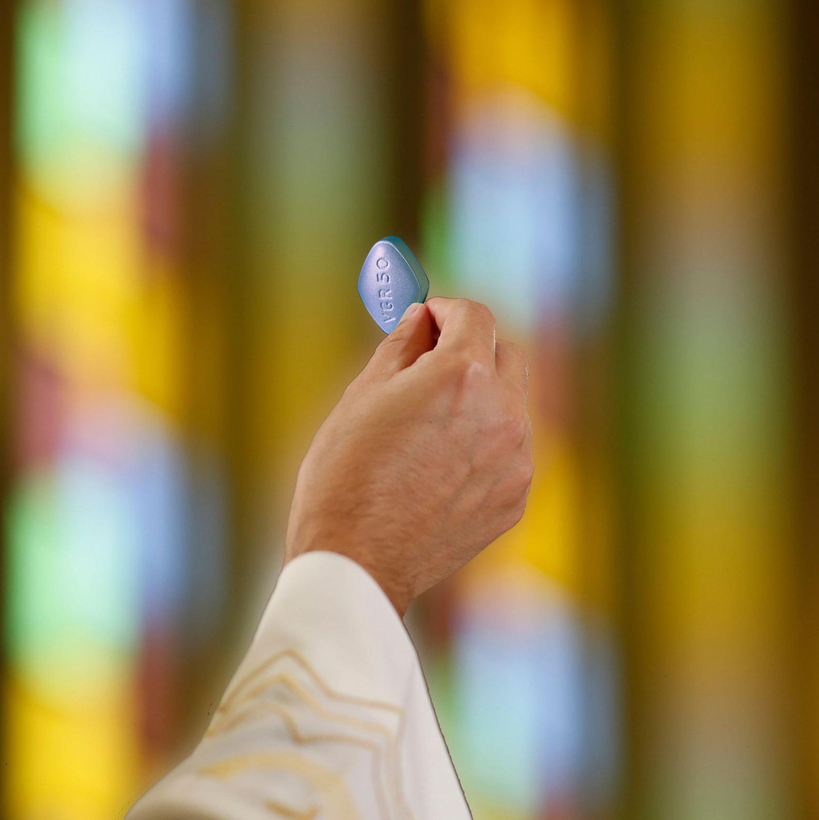Don Benito, in the western Spanish province of Badajoz, is a quaint, quiet town of 37,000. Whitewashed buildings, an imperial theater, and a museum on the banks of the Guadiana River play host to a community known in the region for growing watermelons and producing brandy and chocolate. Much of the town’s social life revolves around the Parroquia de San Sebastian, an inconspicuous Roman Catholic church.
But just over a month ago, the Parroquia became the center of something bigger—a nationwide scandal—when its clergyman, Alfonso Raúl Masa Soto, known locally as Don Alfonso, was arrested on suspicion of running a drug-trafficking operation out of his parish.


